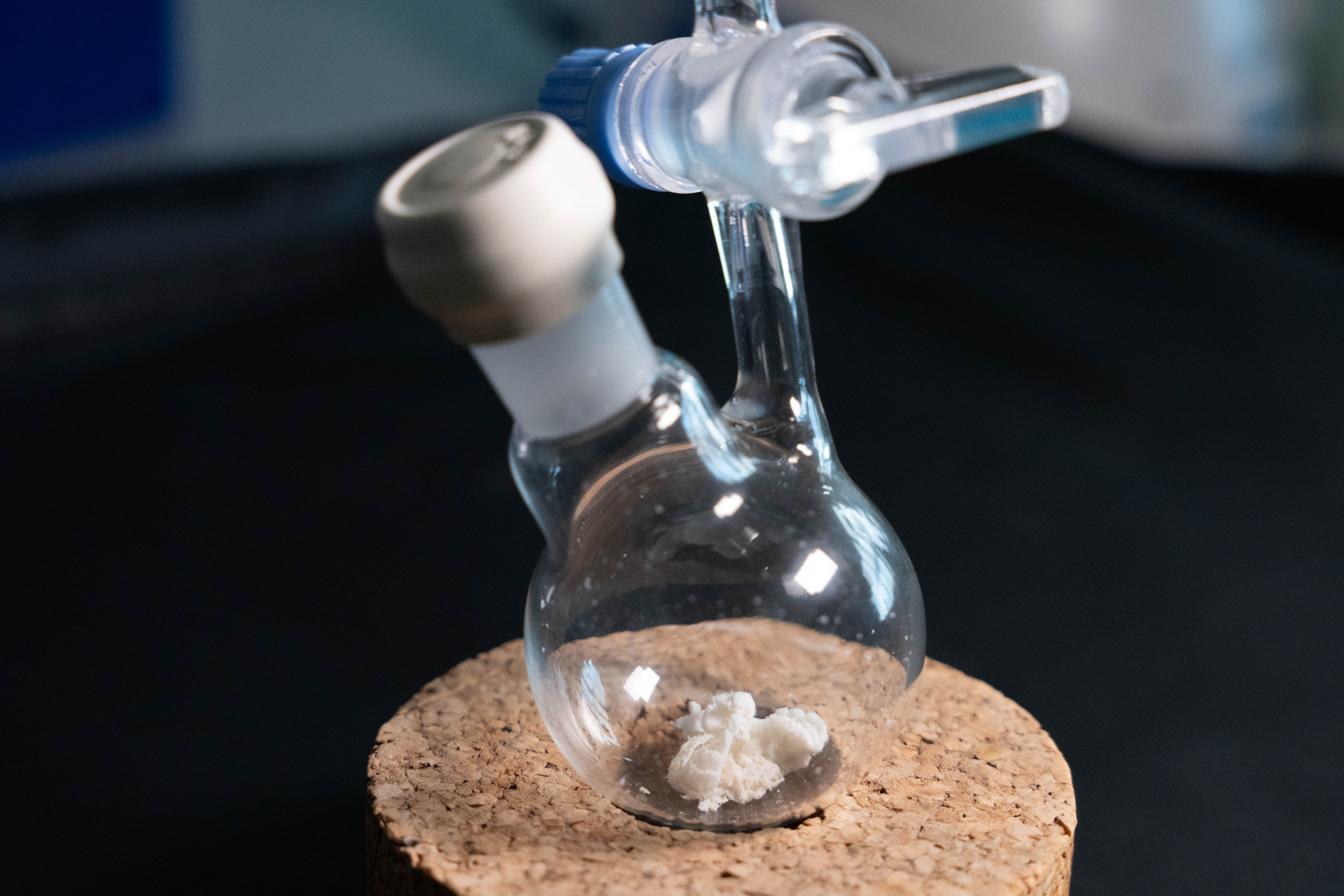With a rise in antibiotic-resistant infections, the search for a new, effective antibiotic is as important as ever. On the hunt for such a substance, researchers believe they may well have found one, and it occurs naturally in a somewhat unexpected place: the human nose.
Scientists at the University of Tübingen discovered epifadin, a member of a previously unknown class of antimicrobial compounds, being produced by Staphylococcus epidermidis. This bacterial species can be found inside our noses, as well as on the skin.
The human body is home to all sorts of bacteria – collectively known as the microbiome – that are in a constant battle to outcompete each other for survival. Secreting substances like epifadin is thought to be one of the ways in which S. epidermidis knocks out its local bacterial competitors.
One such opponent is Staphylococcus aureus, a bacteria that is naturally found in human airways but can turn into an opportunistic pathogen. It’s well known for its methicillin-resistant form, MRSA, a particularly dangerous infection. During experiments, however, the research team discovered that epifadin was reliably effective at killing S. aureus off, doing so by damaging the cell membrane to the point of lethality. This hints at the power that epifadin, or derivatives of it, could have as a brand-new antibiotic.

Epifadin in its isolated pure form.
The researchers also found that the chemical structure of epifadin is unstable. Whilst that can make it difficult to isolate and analyze – successful isolation took the team several years – it could prove to be useful in the form of a treatment. The human microbiome plays host to many helpful bacteria, which can sometimes end up as collateral damage when currently available broad-spectrum antibiotics are used – that’s why taking antibiotics can sometimes give you tummy trouble. Epifadin, however, is only active for a few hours, meaning it has a much more localized effect.
Further studies are being planned to investigate how the different elements of epifadin’s structure contribute to its effects, as well as the development of artificial, more stable substances that are similar to epifadin.
Regardless of whether epifadin forms the basis of the next big antibiotic wonder drug, the researchers believe its discovery highlights the importance of continuing the search for the antibiotics of the future.
As microbiologist and study author Andreas Peschel concluded in a statement: “The development of new antibiotics has stagnated for decades. But we need them more than ever, because in recent years we’ve registered a rapid rise in multiresistant bugs worldwide. It is hard to get control of these infections and our reserve antibiotics no longer have such a strong effect. We urgently need new active substances and treatment methods.”
The study is published in Nature Microbiology.
Source Link: The Human Nose Might Be Home To The Next New Antibiotic